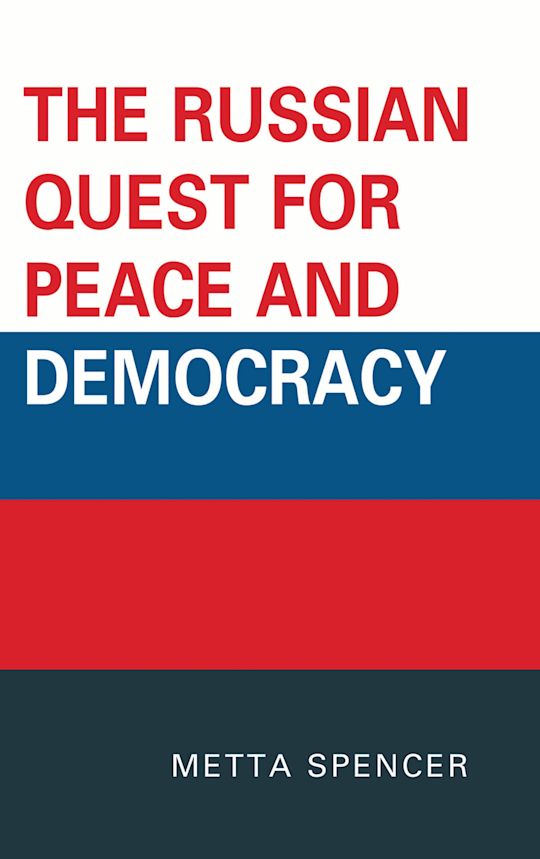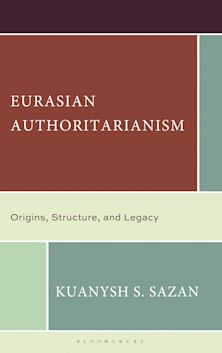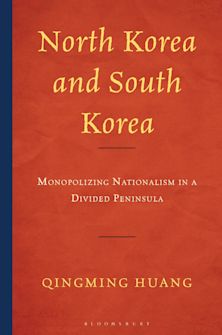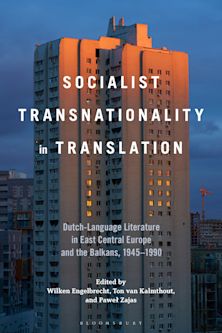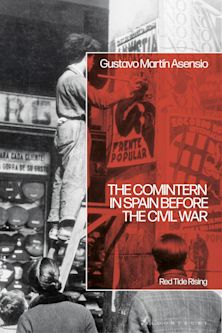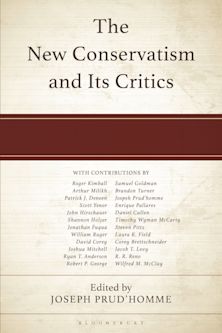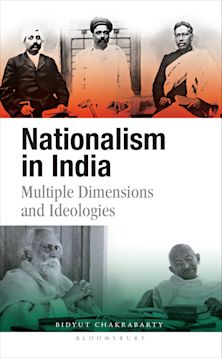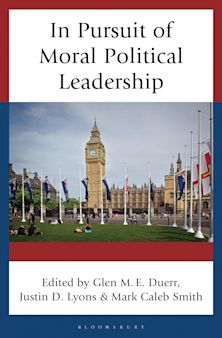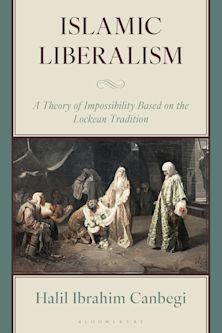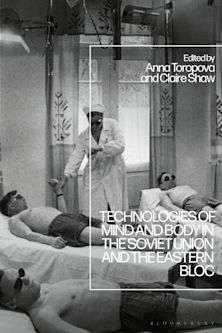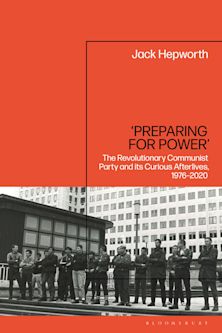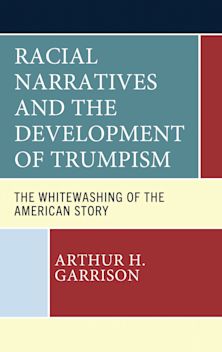- Home
- ACADEMIC
- Politics & International Relations
- Political Ideologies
- The Russian Quest for Peace and Democracy
The Russian Quest for Peace and Democracy
This product is usually dispatched within 1 week
- Delivery and returns info
-
Free US delivery on orders $35 or over
You must sign in to add this item to your wishlist. Please sign in or create an account
Description
In The Russian Quest for Peace and Democracy, Metta Spencer recounts the political and military changes that have occurred in Russia up to mid-2010. Using hundreds of interviews she conducted with officials, dissidents, and liberal intellectuals, she describes the various groups, forces, and individuals that worked to liberalize the totalitarian Soviet Union and its fellow nations behind the Iron Curtain, and which ultimately brought about the dissolution of those repressive governments.
Spencer identifies four political orientations to describe Soviet society: "Sheep," ordinary citizens who accepted the undemocratic regime they lived in without challenging it; "Dinosaurs," hard-line Communist officials; "Termites," including Mikhail Gorbachev and his advisers and government; and "Barking Dogs," a few hundred dissidents who made "a lot of noise" protesting, hoping to awaken a grass-roots demand for democracy. The strange rivalry between the Termites and Barking Dogs would ultimately doom perestroika.
Spencer's research dispels the widely-held perception that US President Ronald Reagan "won" the Cold War by standing firm until the Soviet Union "blinked first." There are vitally important lessons to be learned from the Soviet period, about how to assist citizens of totalitarian and authoritarian regimes around the world.
The irony is that transnational civil society organizations, major sources of the progress in Soviet Russia, are still needed today in authoritarian Russia, under Vladimir Putin and Dmitry Medvedev, for totalitarianism remains a potential social trap. In The Russian Quest for Peace and Democracy, Metta Spencer suggests new ways of building urgently-needed social capital in today's Russia, where democracy has yet to flourish.
Table of Contents
Chapter 1: Termites and Barking Dogs
Chapter 2: Social Capital and Ideology
Chapter 3: Two Scientists, Two Paths
Chapter 4: Foreign Communists
Chapter 5: Three Freelance Diplomats
Chapter 6: A Civil Society: Elite Bears and Doves
Chapter 7: Scientists and Weaponeers
Chapter 8: In the Hands of Experts
Chapter 9: Do Peace and Democracy Work?
Chapter 10: The Soviet Peace Movement at the Time of the Coup
Chapter 11: The End and the Beginning
Chapter 12: From Below and Sideways
Chapter 13: Social Traps—Toward an Explanation of Totalitarianism
Chapter 14: Quest? What Quest?
Conclusion
Acknowledgments
Bibliography
Product details
| Published | Sep 13 2010 |
|---|---|
| Format | Hardback |
| Edition | 1st |
| Extent | 346 |
| ISBN | 9780739144725 |
| Imprint | Lexington Books |
| Dimensions | 9 x 6 inches |
| Publisher | Bloomsbury Publishing |
About the contributors
Reviews
-
This brilliant work illuminates not only crucial developments in modern Russian history, but the profound influence transnational civil society has had on building a peaceful and democratic world.
Lawrence S. Wittner, , author of Confronting the Bomb: A Short History of the World Nuclear Disarmament Movement
-
In this book, Metta Spencer tells the important but neglected story of the contacts between Western peace activists and Soviet intellectuals (both official and dissident) through the words of those who took part. In so doing, she dispels the myths prevalent in Western policy-making circles that the West 'won' the Cold War through its military strength—myths which still have a distorting affect on policy. Anyone who wants to know how the Cold War ended will find this book immensely useful.
Mary Kaldor, co-director of the Center for Global Governance at the London School of Economics and Political Science
-
Spencer has an engaging style of writing, very like a personal conversation. The book is deeply interesting for its theoretical content and fascinating for the cameos of extraordinary people who appear in the pages.Spencer has an engaging style of writing, very like a personal conversation. The book is deeply interesting for its theoretical content and fascinating for the cameos of extraordinary people who appear in the pages.
Medicine, Conflict and Survival
-
[Spencer's] chronicle of the spirit and ingenuity of Russians and their ability to overcome the most unbreachable barriers is anything but discouraging. I look forward to the next chapter.
Literary Review Of Canada
-
Metta has an engaging style of writing, very like a personal conversation. The book is deeply interesting for its theoretical content, and fascinating for the cameos of extraordinary people who appear in the pages.
Book Review
-
Spencer’s valuable account of this period in Eastern European socio-political history gives voice to those whose multifarious works ended the Cold War. She quotes at length from her extensive interviews – covering some 28 years of work in the field – shedding light not only on the accomplishments of individuals, but also on their characters.
Foreign Policy









